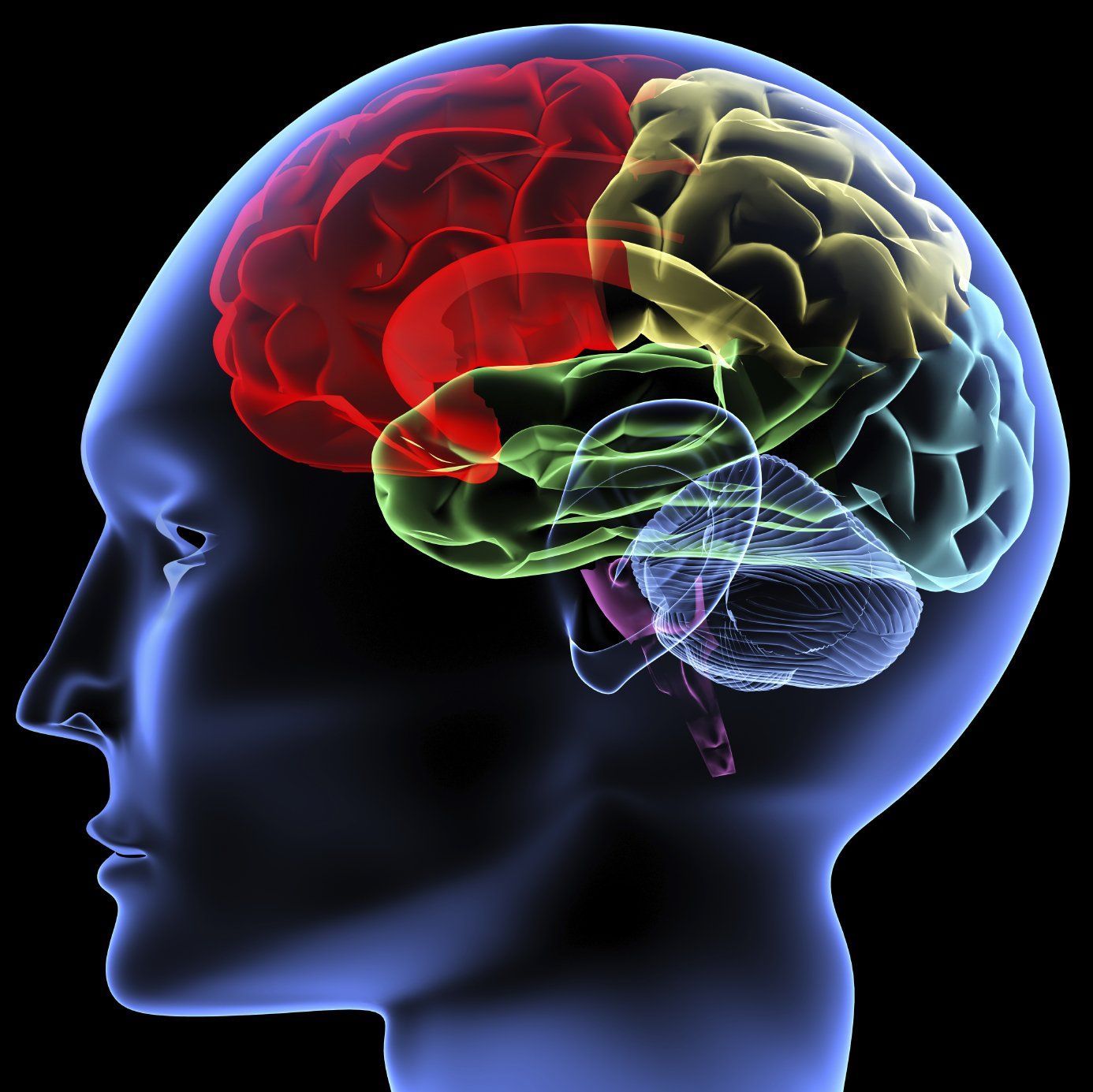How therapy
can help
A way to get better
DEPRESSION
Depression is a common mental health problem worldwide. It can bring about feelings of persistent sadness, worthlessness, guilt, or hopelessness. It can interfere with concentration, appetite, and sleep patterns; and in more severe cases can seriously disrupt a person’s life.
From mild to severe depression, Seasonal Affective Disorder to Bipolar Disorder, therapy can provide an effective intervention by helping you to make sense of things and provide non-judgemental support (at times alongside medication).
Do your negative emotions sometimes threaten to overwhelm you?
You don’t have to allow depressing, negative thoughts to shape your life: the structure of your brain is constantly changing and it can be trained to help you regulate and limit negative emotions. Through the development of self-awareness and mindfulness skills, your brain can actually change its functional connectivity, replacing those negative images with positive thoughts of optimism and loving kindness.
TRAUMA & PTSD
Trauma is the result of extraordinarily stressful events that shatter your sense of security. Any situation that leaves you feeling overwhelmed and isolated can result in trauma, even if it doesn’t involve physical harm. It can be from one-time events, such as an accident, injury, or a violent attack. Or from ongoing, relentless stress as a result of experiencing traumatic events that occur repeatedly, such as bullying, domestic
violence, or childhood neglect.
Through gentle explorative and reflective
processes, therapy can be a means to
understand and heal such trauma.


INTERPERSONAL RELATIONSHIPS
At the core of therapy is the relationship between the client and therapist.
The therapeutic relationship can provide clarity and insight with regards to your interpersonal relationships and how you function in them allowing for repairs to occur and the development of healthier boundaries and communication styles – be it within family dynamics, relationship with colleagues, friends or romantic partners.
The above are a few of the main issues that clients come to therapy for and I can help with.
Other areas can include (but are not limited to):
Bereavement
Chronic Pain
Existential crisis / a sense of meaninglessness
Family Conflict
Life Transitions
Loneliness/Isolation
Racial Identity
Self Esteem
Self Identity
Sexual Abuse
Spirituality
Stress
